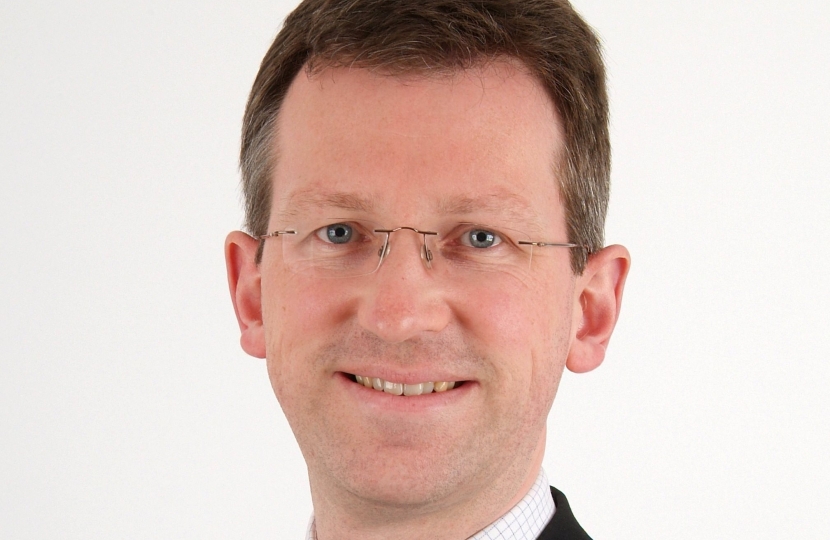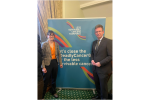
This week’s report from the Health and Social Care and Science and Technology Parliamentary Select Committees into the handling of the COVID-19 pandemic in England is the first substantial attempt to review decision making by Ministers and their scientific advisers as the crisis unfolded. Select Committee reports are valuable because the Committees in question are cross-party and, in my experience, work very hard to produce balanced conclusions based on the evidence they have taken. On a subject like this, that approach is particularly valuable. Many lives have been lost to COVID-19 and much suffering caused, so a sober analysis of what was done well and badly is not just good practice, it is what we owe to those who have suffered and died. In the complex and largely unprecedented circumstances of this pandemic, such analysis will not be capable of reduction to simple headlines or to the categorisation of heroes and villains. Every judgment taken was a human one, and mistakes were made. That was almost certainly inevitable as every adviser and decision-maker struggled to process the limited information on which hugely significant decisions had to be made, with genuine life or death consequences. At some point every Government internationally made such mistakes and every conceivable alternative version of our own would have done so too. I feel very strongly that media-spun tendencies to label decisions and decision-makers do a disservice to those we have lost and to our prospects of doing better next time, as we surely should aspire to do. It is not that simple, and misleading to suggest that it is, encapsulated in the Committees’ clear view that the best and worst aspects of decision-making during this period often originated from the same decision-makers.
Two things should characterise our analysis of preparation and performance during the pandemic, including the more extensive public inquiry which is to come, and the public should expect both in the reviews that are done and in the commentary on them. First, those analysing should always recognise the challenge of decision-making under pressure and be fair as well as firm in their conclusions, but second those being analysed must be open and humble about what could and should have been done better. Claims that all was done well are as unconvincing as claims that all was done badly, and no less disrespectful to the victims of the pandemic nor unhelpful to the cause of handling the next one more effectively.

